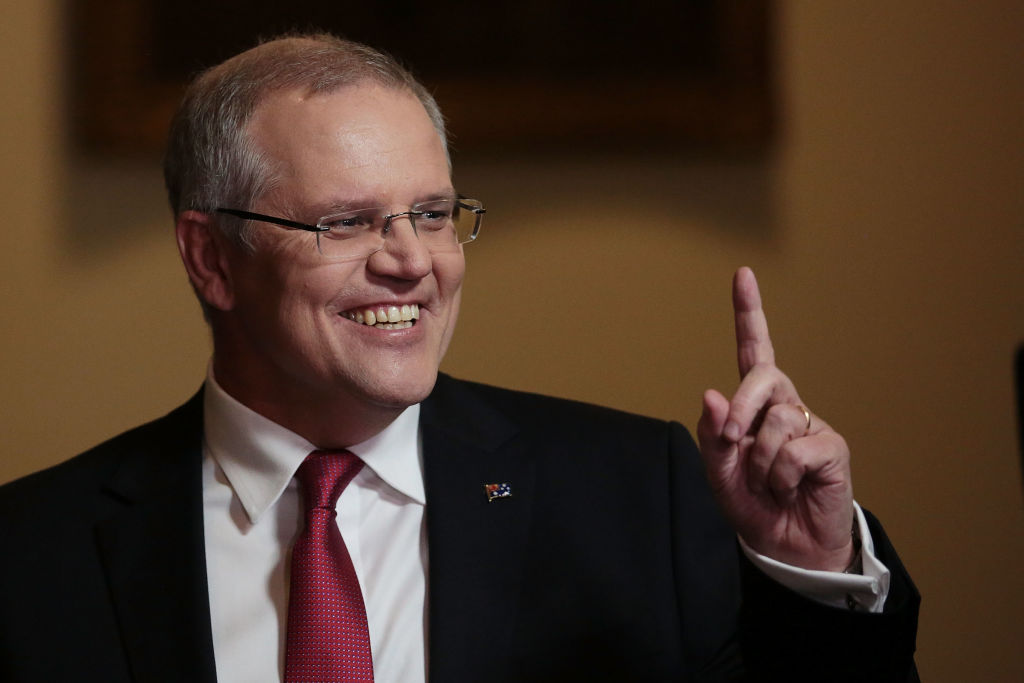The horror year for the Federal Government – how else could you describe the consignment of yet another prime minister to the dust bin – ended with “a beautiful set of numbers”.
Paul Keating, as Treasurer in 1989, used the phrase to describe the December 1989 national accounts. The current Treasurer, Josh Frydenberg, restrained himself from using the phrase when he released the latest Budget update. Maybe he remembered that a few months later, the economy slid into recession. The point being, all updates, like budgets themselves, are best guesses that can go horribly wrong or beautifully right.
Scott Morrison’s last Budget as Treasurer in May got its key forecasts wrong, but not horribly wrong – “wonderfully” wrong. The predicted Budget deficit for this financial year has more than halved and the figures for the next financial year are projected to be in surplus. The surplus could be much bigger, but, facing what looks to be an extremely difficult election next year, the Government is spending a lot of its unforeseen revenue windfall.
Economist Chris Richardson says the huge improvement in the Government’s position is courtesy of China. It bought more of our iron ore and coal at higher prices than we bargained for and it can just as easily buy less in the years ahead. Richardson says the Treasury projects the good news to last for the next four years; the Government goes further and is flagging surpluses for the next 10 years. Just like in 2010, the Liberals promised a Budget surplus every year in government and on its own admission won’t achieve one till next year. We won’t know if they will deliver it until next September – four months after the foreshadowed May election.
Look out for more income tax cuts as a major sweetener for voters pre-election. The Budget update has a huge kitty of $10 billion for “unannounced measures”. Another $1.9 billion has been squirrelled away for spending in marginal seats.
No one can blame a government – any government – claiming credit for what is in large part good luck, but this one should not be surprised if many in the electorate aren’t impressed. The review has revised down wages and household spending while at the same time it has revised up the Government’s own income. Stagnating wages have seen families digging into their savings or simply closing their wallets as their circumstances are nowhere near as terrific as the government is now trumpeting about itself.
This must go a long way to explain why the opinion polls have been heralding an election wipe-out for the Coalition. The published polls average has the gap a whopping 9 points in Labor’s favour; a situation that has become entrenched since Scott Morrison replaced Malcolm Turnbull as prime minister back in August.
2019 is going to be a tough one for the Government; I am hoping Canberra Daily readers enjoy a good summer break to cope with what is shaping as an unedifying political struggle.
For more:



